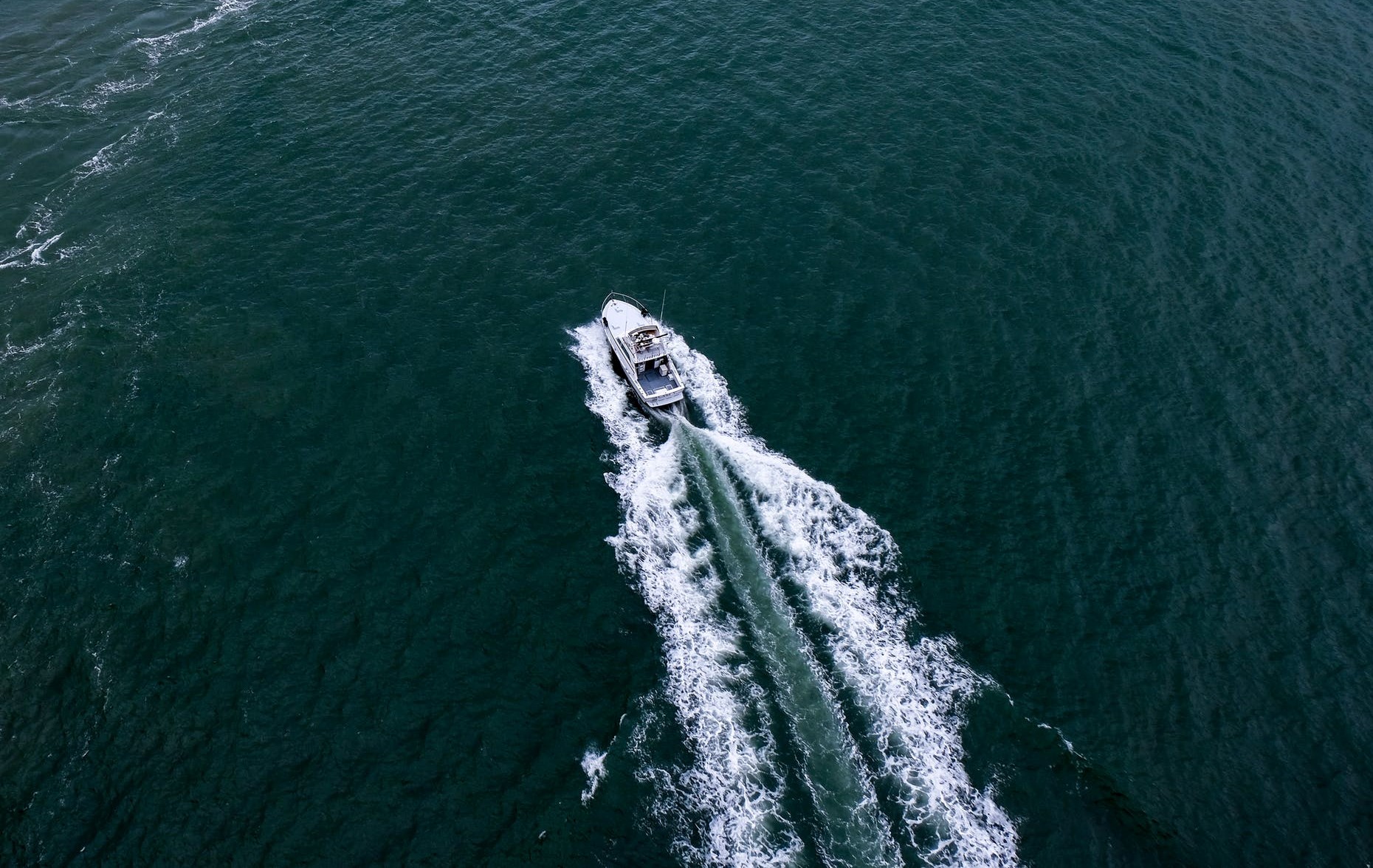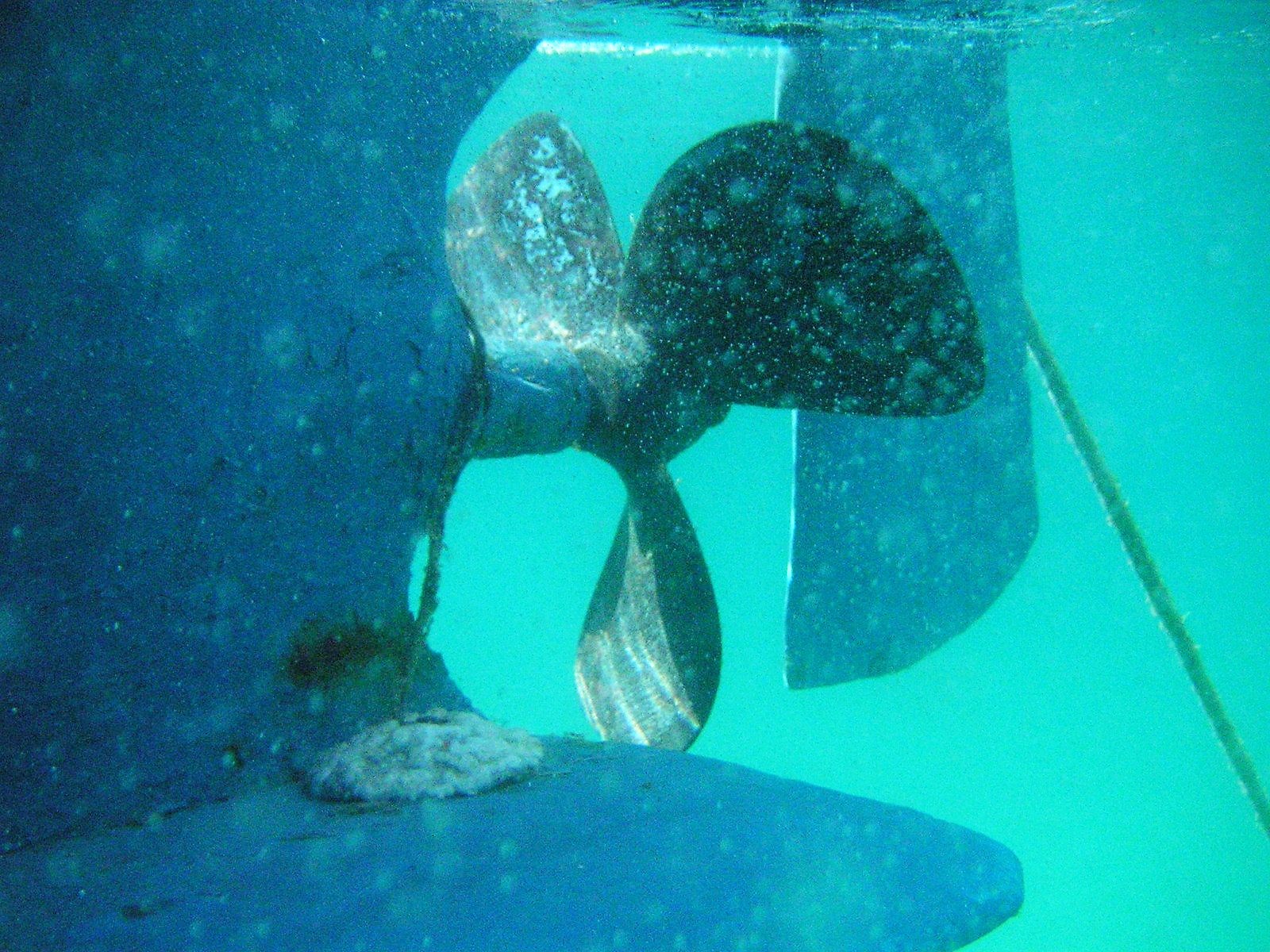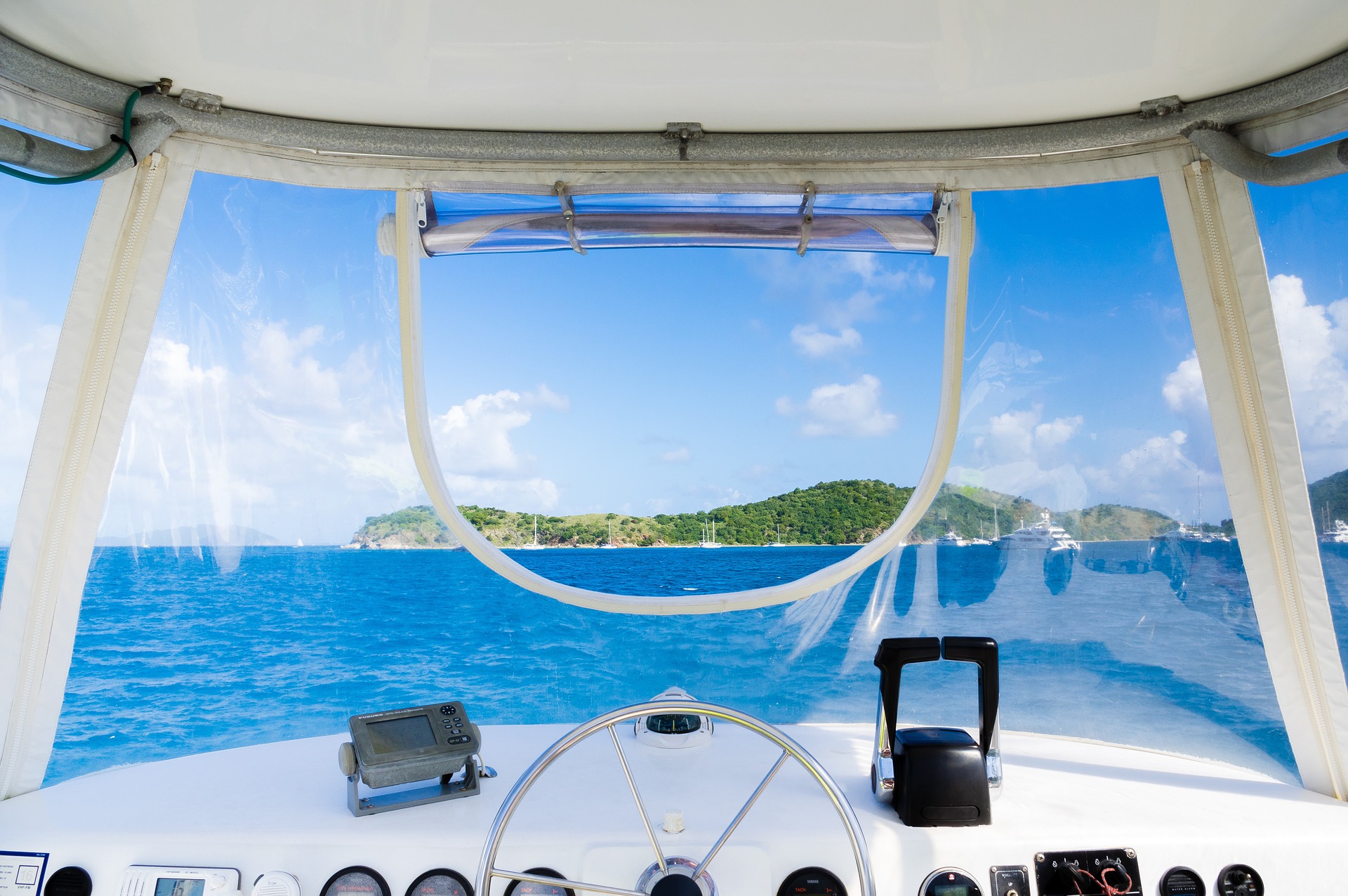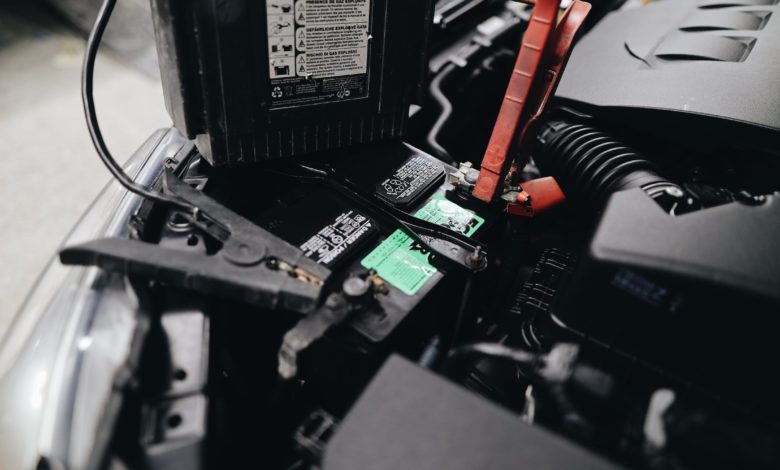
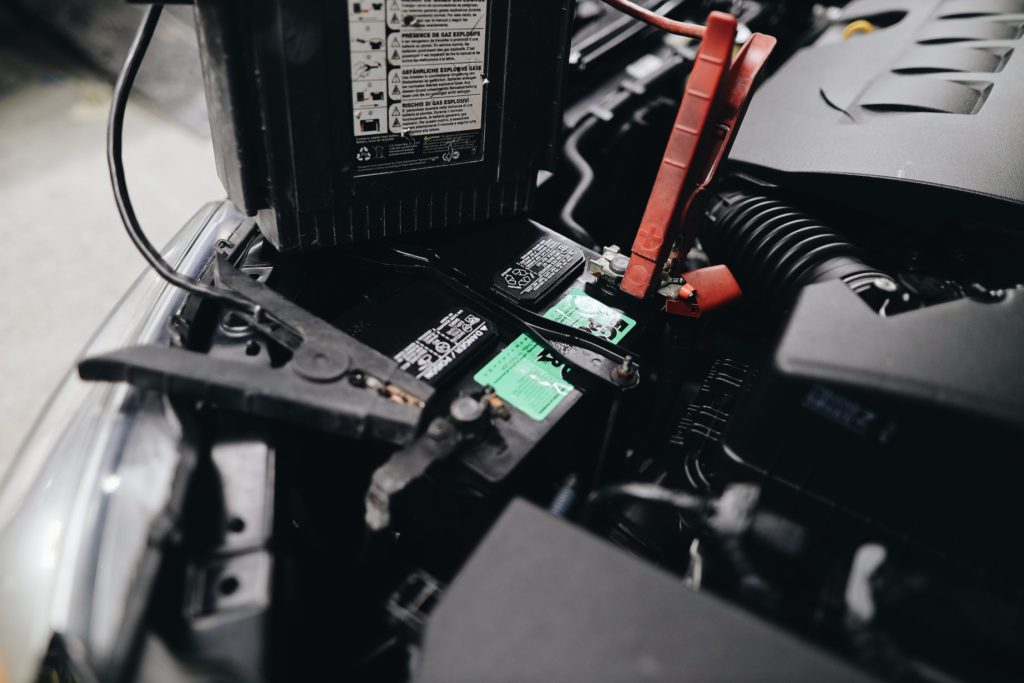
If you own a boat, you likely understand the importance of a reliable electrical system. From powering navigation and communication equipment to running lights and entertainment systems, a well-maintained electrical system is crucial for a safe and enjoyable boating experience.
One essential component of a boat’s electrical system is the battery, and choosing the right type of battery is crucial for ensuring reliable power. In this article, we will discuss deep cycle marine batteries and how they differ from regular car batteries. You may also be interested in browsing our complete guide on picking boat batteries.
What Are Deep Cycle Marine Batteries?
Deep cycle marine batteries are designed to provide a steady stream of power over an extended period of time. They are different from starting batteries, which are designed to provide a burst of power to start an engine but are not intended for long-term use.
Deep cycle marine batteries are designed to be discharged deeply and then recharged, which makes them ideal for powering electrical equipment on boats. One of the primary differences between deep cycle marine batteries and regular car batteries is the way they are constructed. Deep cycle marine batteries are built with thicker plates and a denser paste, which allows them to withstand repeated deep discharges without being damaged. Car batteries, on the other hand, are designed for short, frequent bursts of power and do not have the same level of durability as deep cycle marine batteries.
Deep cycle marine batteries come in several different types, including flooded lead-acid batteries, sealed lead-acid batteries, and lithium-ion batteries. Each type of battery has its own advantages and disadvantages, and choosing the right type for your boat will depend on your specific needs and budget.
| Features | Deep Cycle Marine Batteries | Regular Car Batteries |
|---|---|---|
| Purpose | Designed for deep discharge and recharge cycles, ideal for marine applications where power is needed over an extended period of time | Designed for short, high current bursts, ideal for starting a car engine |
| Construction | Thick, solid lead plates that can withstand repeated deep cycles without damage | Thin, stacked lead plates that can be damaged by repeated deep cycles |
| Capacity | Higher capacity for extended run time | Lower capacity for short, high current bursts |
| Maintenance | Requires regular maintenance to ensure optimal performance and longevity | Low maintenance |
| Price | Higher price point due to more durable construction and higher capacity | Lower price point due to simpler construction and lower capacity |
Advantages of Deep Cycle Marine Batteries
There are several advantages to using deep cycle marine batteries instead of regular car batteries on boats. Here are a few of the main advantages:
- Durability: Deep cycle marine batteries are built to withstand repeated deep discharges without being damaged, which makes them more durable than regular car batteries.
- Longevity: Because they are built to withstand deep discharges, deep cycle marine batteries typically have a longer lifespan than regular car batteries.
- Efficiency: Deep cycle marine batteries are designed to provide a steady stream of power over an extended period of time, which makes them more efficient than regular car batteries for powering electrical equipment on boats.
- Versatility: Deep cycle marine batteries are available in a variety of types and sizes, which makes them versatile enough to meet the needs of a wide range of boats and electrical systems.
Disadvantages of Deep Cycle Marine Batteries
While there are many advantages to using deep cycle marine batteries, there are also a few disadvantages to keep in mind:
- Cost: Deep cycle marine batteries are typically more expensive than regular car batteries, which can make them a significant investment for boat owners.
- Maintenance: Depending on the type of battery, deep cycle marine batteries may require regular maintenance, such as topping up water levels in flooded lead-acid batteries.
- Weight: Deep cycle marine batteries are generally heavier than regular car batteries, which can be a concern for smaller boats with limited weight capacity.
Conclusion
Deep cycle marine batteries are a crucial component of any boat’s electrical system. They are designed to provide a steady stream of power over an extended period of time, making them ideal for powering electrical equipment on boats. Compared to regular car batteries, deep cycle marine batteries are more durable, efficient, and versatile, but they also come with a higher cost and may require more maintenance. By understanding the differences between deep cycle marine batteries and regular batteries, you can choose one best for you.
